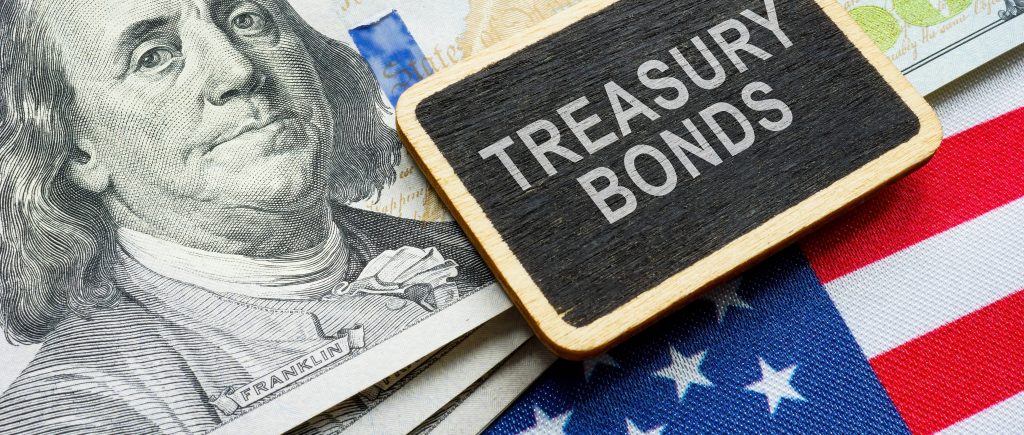U.S. Treasury Secretary Scott Bessent and chief trade negotiator Jamieson Greer are scheduled to meet with China’s top economic policymaker, He Lifeng, in Geneva this weekend, marking the first high-level engagement between the two countries since tensions escalated into a full-blown trade war. The announcement, made late Tuesday by Washington, sparked a rally in U.S. equity index futures and lifted stock markets in China and Hong Kong in early Wednesday trading.
The anticipated talks follow a month of rapid deterioration in global trade relations, as the U.S. and China imposed mutual tariffs of over 100% on hundreds of billions of dollars’ worth of goods. These duties, described by Bessent as akin to a “trade embargo,” have disrupted global supply chains, fueled financial market volatility, and heightened fears of a worldwide economic slowdown.
Sources familiar with the negotiations told Reuters that the Geneva discussions will likely focus on reducing broad-based tariffs, with specific talks on U.S. export controls, duties on selected goods, and the Trump administration’s removal of de minimis exemptions for low-value imports.
China’s commerce ministry confirmed the meeting, stating that the decision to re-engage was taken after considering “global expectations, China’s interests, and the appeals of U.S. industry and consumers.” However, a statement from Beijing carried a cautionary tone: “If [the U.S.] says one thing but then does another, or attempts to use talks as a cover to continue coercion and blackmail, China will never agree.”
The last official exchange between senior Chinese and U.S. officials occurred in March when Senator Steve Daines met Premier Li Qiang in Beijing. Since then, China had repeatedly signaled it would not enter into further discussions unless U.S. tariffs were lifted. Last Friday, however, Beijing stated it was “evaluating” an offer to resume dialogue, signaling a potential thaw in relations.
China’s economy has been under increasing strain amid the tariff pressure. Nomura estimates that the ongoing trade war could lead to a loss of up to 16 million jobs in China. In a preemptive move, the People’s Bank of China announced new monetary stimulus on Wednesday, including interest rate cuts and additional liquidity injections to mitigate the economic impact.
“This is a tactical and measured response,” said Christopher Beddor, Deputy China Research Director at Gavekal Dragonomics. “Chinese officials are signaling they won’t negotiate from a position of weakness.”
Mixed Signals and Broad Global Implications
The renewed negotiations come amid a flurry of trade activity by the Trump administration. Since April 2, when President Trump announced a 10% blanket tariff on most U.S. trading partners—set to rise on July 9—Washington has been holding simultaneous talks with 17 countries. Additional tariffs include 25% duties on autos, steel, and aluminum, as well as targeted 145% tariffs on Chinese goods. More levies are expected soon on pharmaceutical imports.
China has responded with 125% tariffs on U.S. products, and the European Union is preparing its own retaliatory measures.
Despite the looming confrontations, Bessent suggested some trade deals could be announced soon. “We’ve got to de-escalate before we can move forward,” he told Fox News, describing Saturday’s Geneva meeting as a crucial first step.
A British official confirmed progress toward a U.S.-U.K. trade agreement, while Bessent mentioned positive developments with Indonesia and other nations offering tariff and subsidy concessions.
Still, Trump and his team have issued conflicting statements on the progress of various talks, contributing to market uncertainty. Trump recently reiterated his preference for bilateral trade deals and emphasized his administration’s commitment to lowering the U.S. trade deficit. However, recent data shows that the deficit hit a record high in March as importers rushed to bring in goods ahead of new tariffs. Notably, the U.S. trade gap with China narrowed significantly, reflecting the dampening effect of the tariffs on Chinese imports.
Outlook
While the upcoming Geneva meeting represents a potential turning point, analysts caution against expecting immediate breakthroughs. “This is a step forward, but the path to resolution remains complex and politically fraught,” said Bo Zhengyuan of Shanghai-based consultancy Plenum.
With global markets on edge and economic data signaling rising risks, the outcome of the talks could define the tone of international trade for the remainder of 2025.
 Noor Trends News, Technical Analysis, Educational Tools and Recommendations
Noor Trends News, Technical Analysis, Educational Tools and Recommendations





